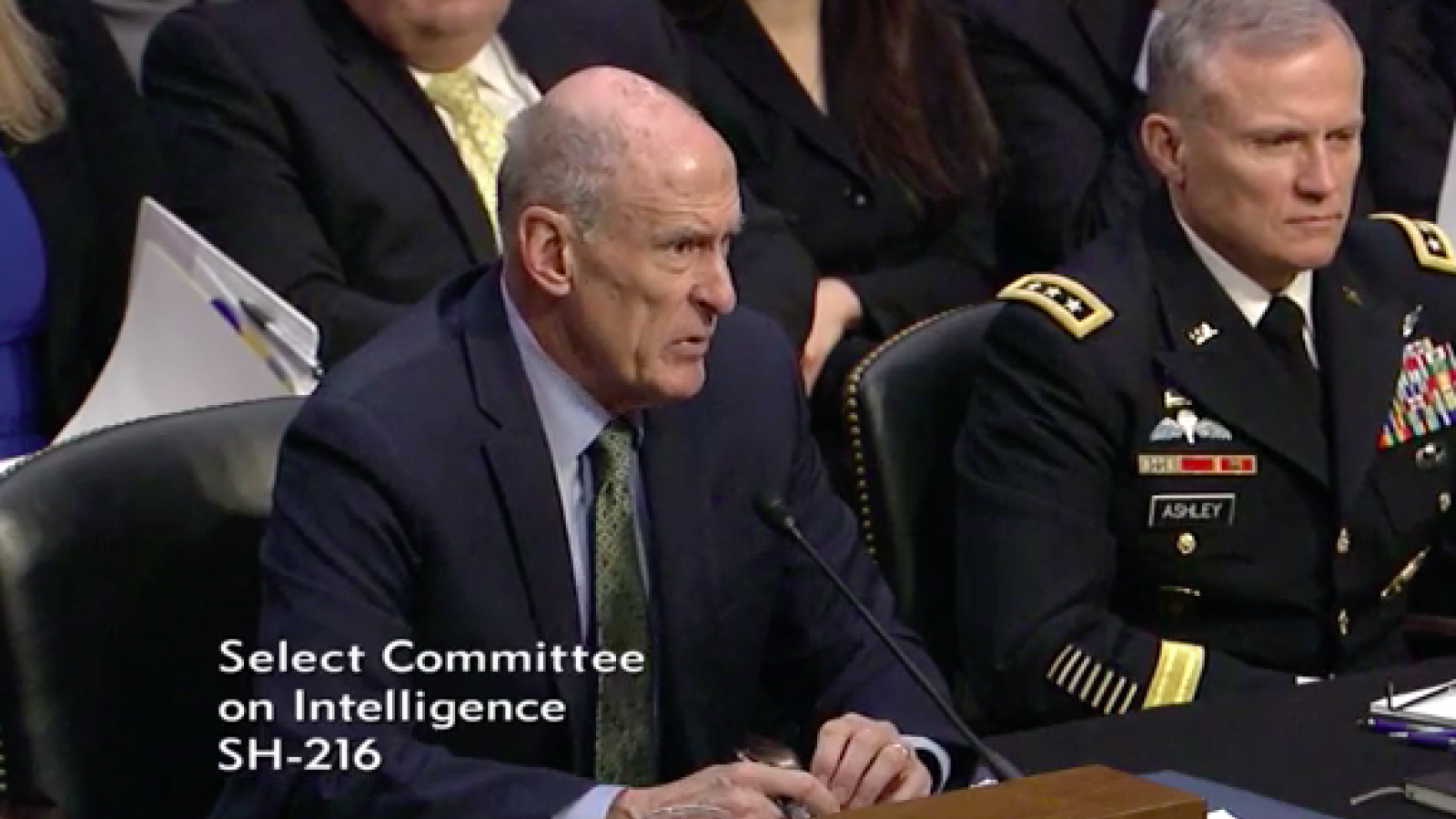President Trump on Monday unveiled his budget proposal for the 2019 fiscal year, which makes significant cuts to some federal agencies and projects as part of an effort to slash the federal deficit by $3 trillion over the next 10 years.
As part of that effort, Trump has proposed eliminating funding for several agencies, grant programs and institutes.
While lawmakers are unlikely to enact most of Trump’s proposal, here’s a look at some of the centers and agencies the White House wants to abolish.
1. The McGovern-Dole International Food for Education, which donates agricultural commodities and financial assistance to carry out school feeding programs in foreign countries.
2. The Rural Business and Cooperative Service, which provides loans, grants and payments intended to increase opportunities in rural communities.
3. The Economic Development Administration, which provides federal grants to communities in support of locally-developed economic plans.
4. The Manufacturing Extension Partnership, which subsidizes advisory and consulting services for small and medium-size manufacturers.
5. 21st Century Community Learning Centers, which helps communities establish or expand centers to provide before- and after-school programs and summer school programs.
6. Gaining Early Awareness and Readiness for Undergraduate Programs, an Education Department program that provides grants to support college preparation for low-income students.
7. The Agency for Healthcare Research and Quality, which researches ways to enhance the effectiveness of health services.
8. The Advanced Research Projects Agency, which provides support for Energy Department projects.
9. The National Wildlife Refuge Fund, which compensates communities for lost tax revenue when the federal government acquires their land.
10. The Global Climate Change Initiative, a proposal that reflects Trump’s decision last year to withdraw from the Paris climate agreement.
11. The NASA Office of Education, which provides grants to colleges and universities, museums and science centers. The funding would be redirected within NASA.
12. The Chemical Safety Board, which is tasked with investigating accidents at chemical facilities.
13. The Corporation for National and Community Service, which funds service opportunities, promotes volunteering and helps nonprofit organizations find volunteers.
14. The Corporation for Public Broadcasting, which funds public television and radio stations including Public Broadcasting Service and NPR.
15. The Institute of Museum and Library Services, which funds museums and libraries nationwide with grants.
16. The Legal Services Corporation, a nonprofit that provides civil legal assistance for low-income individuals.
17. The National Endowment for the Arts, which funds American artists and projects with grants.
18. The National Endowment for the Humanities, which provides grants to American humanities scholars.
19. The Neighborhood Reinvestment Corporation, which funds community development projects nationwide.
20. The Denali Commission, the Delta Regional Authority and the Northern Border Regional Commission, which fund infrastructure and economic projects in specified areas.
21. The U.S. Trade and Development Agency, which provides U.S. goods and services for foreign projects.
22. The Woodrow Wilson International Center for Scholars, a think tank focused on international affairs and foreign policy.
 Internet Research Agency, St. Petersburg, Russia NBC
Internet Research Agency, St. Petersburg, Russia NBC






